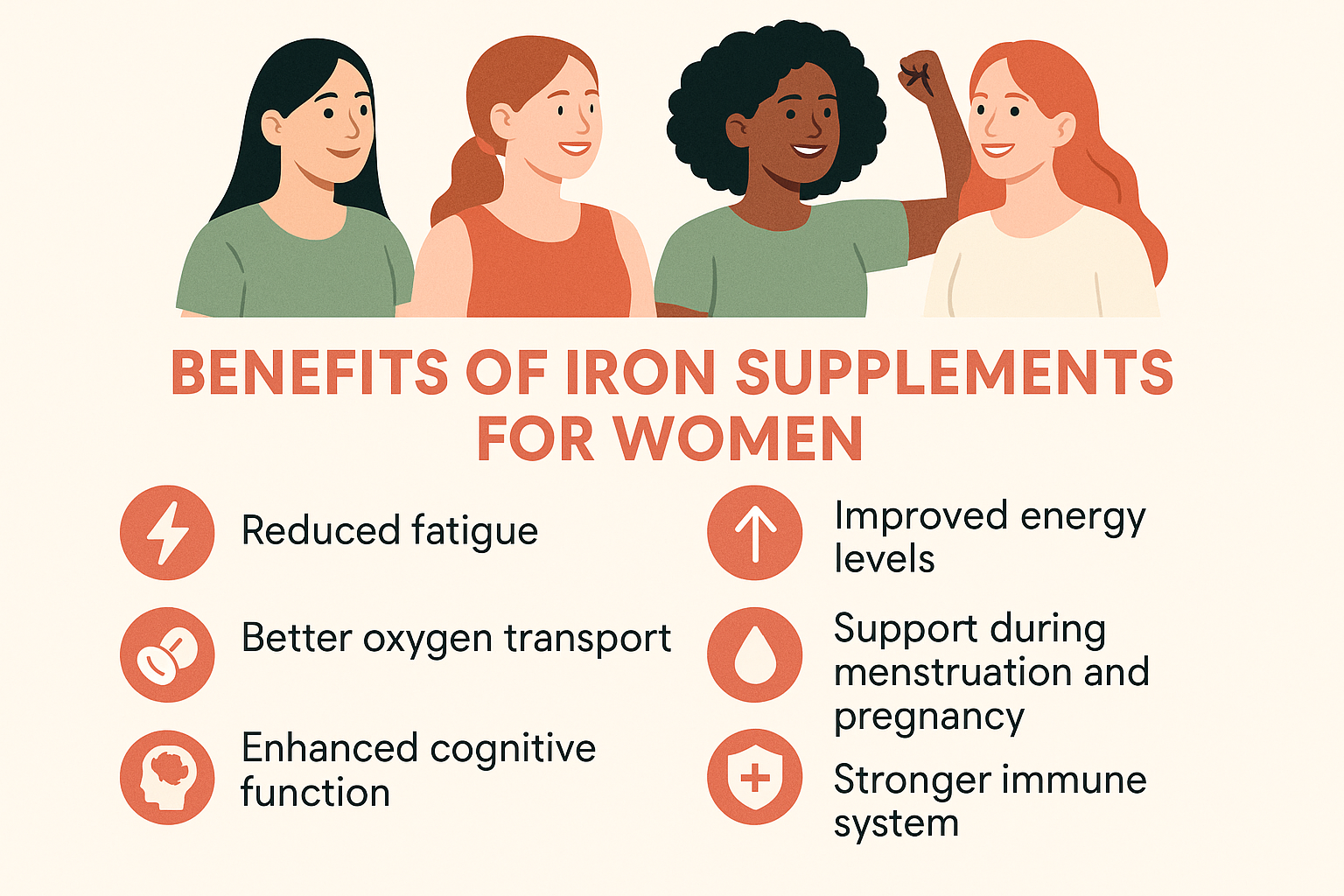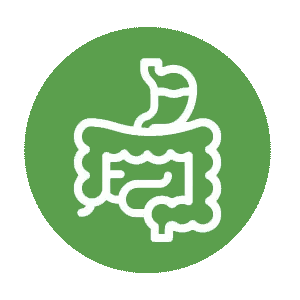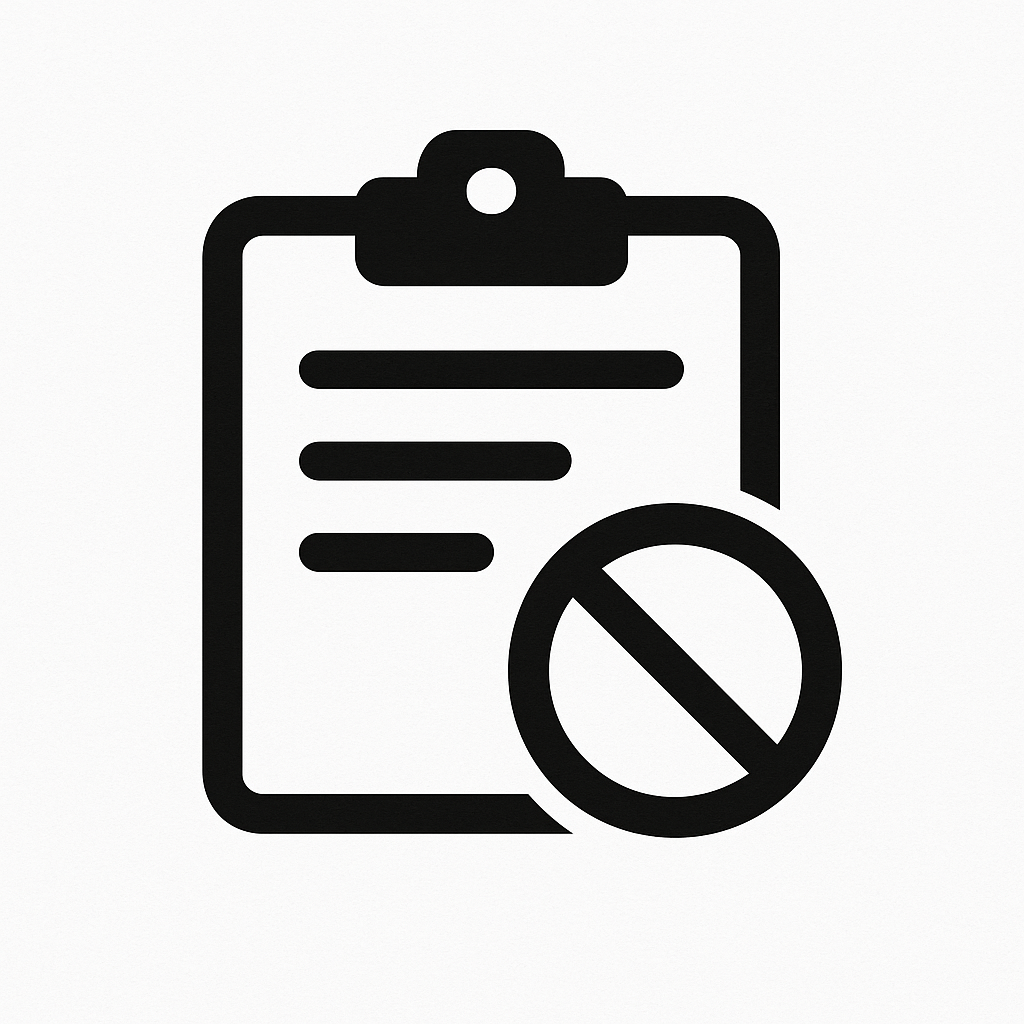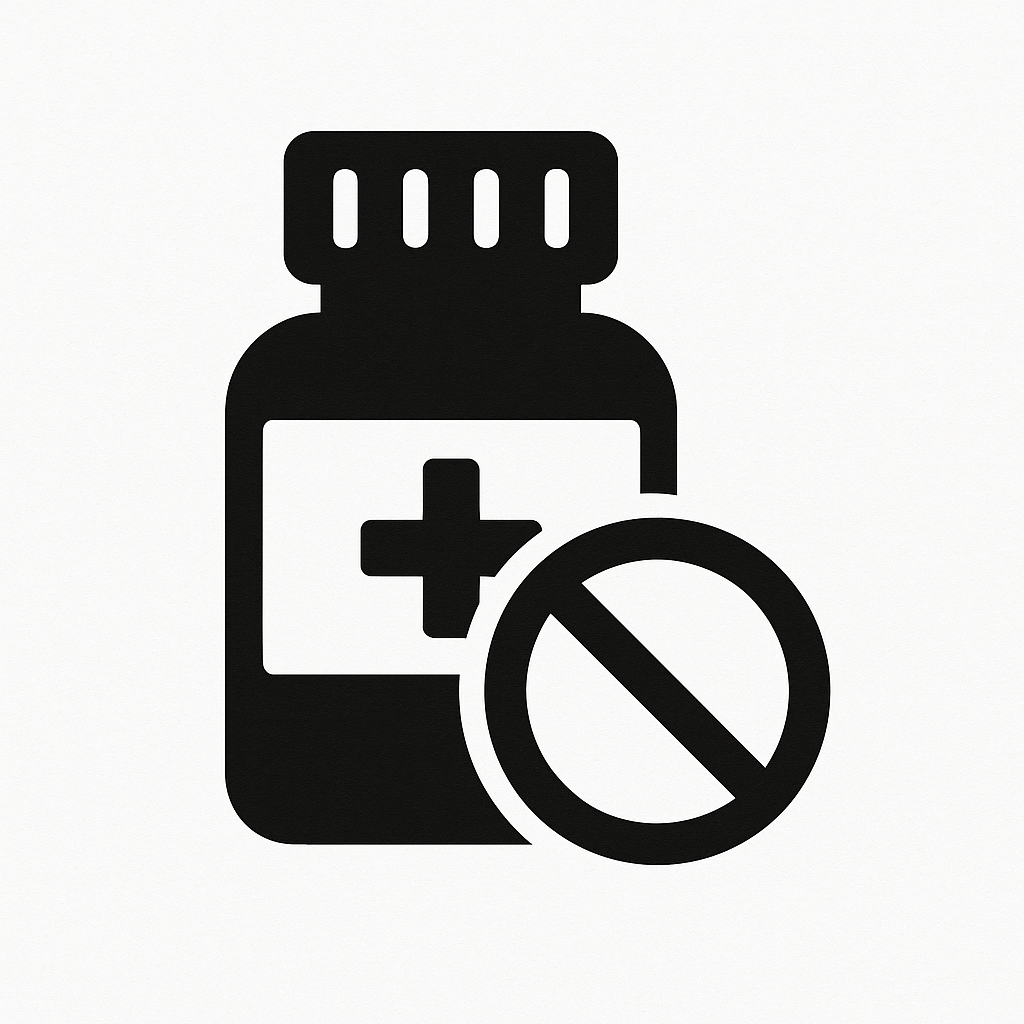
Benefits of Iron Supplements for Women
The Silent Energy Thief
Imagine waking up exhausted despite eight hours of sleep, struggling through afternoon brain fog, feeling breathless climbing stairs, and experiencing unusual cravings for ice or dirt. These seemingly unrelated symptoms share a common cause: iron deficiency, the world's most prevalent nutritional deficiency affecting an estimated 30% of women globally.
Iron is the unsung hero of your health—quietly enabling every cell in your body to function optimally. It carries oxygen through your bloodstream, fuels energy production in your mitochondria, supports immune defenses, enables neurotransmitter synthesis for mental clarity, and plays crucial roles in hormone production, temperature regulation, and physical performance.
Yet women face unique challenges in maintaining adequate iron levels. Monthly menstruation depletes iron stores. Pregnancy dramatically increases iron demands. Childbirth involves blood loss. Breastfeeding requires additional iron. Heavy periods, vegetarian diets, digestive disorders, and frequent blood donation further compromise iron status.
The consequences of inadequate iron extend far beyond simple fatigue. Iron deficiency anemia—the most severe form—affects work productivity, cognitive function, immune resilience, pregnancy outcomes, and overall quality of life. Even mild deficiency without anemia can significantly impair energy, focus, mood, and physical capacity.
This comprehensive guide explores why iron is particularly crucial for women, the science-backed benefits of supplementation, how to identify deficiency, strategies for choosing and using iron supplements effectively, and critical information about testing, dosing, and safety.
Why Women Need More Iron Than Men
The Iron Gender Gap
Men need approximately 8mg of iron daily, while women of reproductive age require 18mg—more than double. Post-menopausal women's needs drop to 8mg as menstruation ceases. This dramatic difference reflects women's unique physiology:
Menstrual Blood Loss: The average period results in 30-40ml of blood loss, equating to approximately 15-20mg of iron. Women with heavy periods (menorrhagia) lose significantly more—up to 80ml or 40mg of iron. This monthly depletion requires constant replenishment through diet or supplementation.
Pregnancy Demands: Growing a baby requires substantial iron for expanding maternal blood volume (50% increase), developing the placenta, and building fetal blood and tissues. Iron needs jump to 27mg daily during pregnancy—triple the non-pregnant requirement.
Childbirth Blood Loss: Vaginal delivery typically involves 500ml blood loss; cesarean sections average 1,000ml. This represents approximately 250-500mg of iron lost in a single event.
Breastfeeding: While lactation itself doesn't dramatically increase iron needs (breastmilk contains little iron), many women enter postpartum with depleted stores that require rebuilding.
Heavy Periods: Approximately 10-30% of women experience menorrhagia (blood loss exceeding 80ml per cycle), making iron deficiency nearly inevitable without supplementation.
Additional Risk Factors for Women
Beyond menstruation and reproduction, other factors increase women's iron deficiency risk:
Vegetarian and Vegan Diets: Plant-based iron (non-heme) is less bioavailable than animal sources (heme iron). Vegetarian women need approximately 1.8 times more iron than meat-eaters to compensate for lower absorption.
Digestive Disorders: Celiac disease, inflammatory bowel disease (Crohn's, ulcerative colitis), and H. pylori infections impair iron absorption or cause intestinal bleeding.
Frequent Blood Donation: Each donation removes approximately 200-250mg of iron, requiring months to replenish stores.
Intense Athletic Training: "Foot strike hemolysis" from running and increased iron losses through sweat particularly affect female athletes.
Low Stomach Acid: Common in older women and those taking antacids or proton pump inhibitors, reducing iron absorption efficiency.
Medications: Certain medications (antacids, PPIs, some antibiotics) interfere with iron absorption or increase losses.
Understanding Iron Deficiency: The Progression
Iron deficiency develops in stages, each with distinct characteristics:
Stage 1: Iron Depletion (Low Ferritin)
What's Happening: Iron stores (ferritin) decrease, but hemoglobin remains normal.
Symptoms: Often none, or very subtle fatigue. This stage is only detected through blood testing.
Lab Values: Ferritin below 30 ng/mL (some experts suggest below 50 ng/mL for women).
Significance: This is the optimal time to intervene—before functional impairments develop.
Stage 2: Iron-Deficient Erythropoiesis (Reduced Iron Supply)
What's Happening: Iron stores are exhausted; the body struggles to produce adequate red blood cells, but hemoglobin hasn't dropped yet.
Symptoms: Increased fatigue, reduced exercise tolerance, difficulty concentrating, possible cold sensitivity.
Lab Values: Low ferritin, low serum iron, elevated TIBC (total iron-binding capacity), low transferrin saturation.
Significance: Functional impairments emerge even without anemia.
Stage 3: Iron Deficiency Anemia (Low Hemoglobin)
What's Happening: Insufficient iron prevents adequate hemoglobin and red blood cell production, reducing oxygen-carrying capacity.
Symptoms: Pronounced fatigue, weakness, pale skin, shortness of breath, dizziness, rapid heartbeat, cold hands/feet, brittle nails, hair loss, restless legs, unusual cravings (pica).
Lab Values: Low hemoglobin (below 12 g/dL for women), low hematocrit, low MCV (small red blood cells), plus all Stage 2 abnormalities.
Significance: Quality of life significantly impaired; medical intervention essential.
The Hidden Impact of "Subclinical" Deficiency
Importantly, many women suffer symptoms from Stage 1-2 deficiency despite normal hemoglobin. Studies show that iron deficiency without anemia still impairs:
- Physical endurance and exercise capacity
- Cognitive function and concentration
- Mood and mental health
- Immune function
- Temperature regulation
- Work productivity
This is why ferritin testing is crucial—hemoglobin alone misses early deficiency when intervention is most effective.
Ten Powerful Benefits of Iron Supplementation for Women
1. Restored Energy and Reduced Fatigue
The Problem: Iron deficiency is the most common reversible cause of chronic fatigue. Without adequate iron, your cells cannot produce sufficient ATP (cellular energy), leaving you perpetually exhausted regardless of sleep quality.
The Solution: Multiple studies demonstrate that iron supplementation significantly improves energy levels and reduces fatigue, even in women without anemia. One landmark study showed that iron supplements reduced fatigue by 50% in iron-deficient women compared to placebo.
Timeline: Many women notice energy improvements within 2-4 weeks, with continued gains over 2-3 months as stores rebuild.
2. Enhanced Cognitive Function and Mental Clarity
The Connection: Your brain consumes 20% of your body's oxygen despite representing only 2% of body weight. Iron enables oxygen delivery and is essential for neurotransmitter synthesis (dopamine, serotonin, norepinephrine) affecting mood, focus, and mental performance.
Research Findings: Studies show iron supplementation improves:
- Attention and concentration
- Processing speed
- Memory formation and recall
- Learning ability
- Mental fatigue resistance
Women with iron deficiency often describe "brain fog" that clears dramatically with supplementation.
Impact: One study found iron-deficient women performed 5-7 times worse on cognitive tasks than iron-sufficient peers, with performance normalizing after supplementation.
3. Improved Physical Performance and Exercise Capacity
The Mechanism: Iron is essential for myoglobin (oxygen storage in muscles), mitochondrial function (energy production), and oxygen transport. Deficiency limits aerobic capacity, strength, and endurance.
Athletic Impact: Research in female athletes shows iron supplementation:
- Increases VO2 max (maximum oxygen utilization)
- Improves endurance performance by 3-5%
- Reduces perceived exertion during exercise
- Accelerates recovery between workouts
- Enhances strength gains from training
Even recreational exercisers experience significant improvements in stamina and reduced breathlessness.
4. Healthier Pregnancy Outcomes
Critical Role: Iron deficiency during pregnancy increases risks of:
- Preterm delivery
- Low birth weight
- Postpartum depression
- Developmental delays in children
- Maternal complications
- Increased infection risk
Supplementation Benefits: Adequate iron supplementation during pregnancy:
- Reduces preterm birth risk by 12%
- Decreases low birth weight incidence by 19%
- Lowers maternal anemia risk by 70%
- Supports optimal fetal brain development
- Reduces postpartum depression risk
- Improves maternal energy and wellbeing
Recommendation: The CDC and WHO recommend all pregnant women supplement with 30-60mg elemental iron daily, starting in early pregnancy.
5. Stronger Immune Function
Iron and Immunity: Iron is essential for immune cell proliferation, function, and the body's ability to fight infections. It's required for:
- White blood cell production and activity
- Antibody synthesis
- Natural killer cell function
- Proper inflammatory responses
Research Evidence: Iron-deficient women experience more frequent and severe infections. Supplementation studies show:
- Reduced cold and respiratory infection frequency
- Faster recovery from illness
- Improved vaccine response
- Better wound healing
Balance Matters: Interestingly, both deficiency and excess impair immunity, highlighting the importance of appropriate dosing.
6. Improved Mood and Reduced Depression Risk
The Mood-Iron Connection: Iron is essential for synthesizing serotonin, dopamine, and norepinephrine—neurotransmitters regulating mood, motivation, and emotional wellbeing.
Clinical Findings: Studies show correlations between low iron and:
- Increased depression and anxiety
- Greater stress vulnerability
- Emotional instability
- Reduced motivation and pleasure (anhedonia)
Supplementation Impact: Iron-deficient women with mood disturbances often experience significant improvements in depression and anxiety symptoms with supplementation, though iron alone isn't a depression treatment.
7. Better Temperature Regulation
The Thermoregulation Role: Iron is essential for thyroid hormone production and metabolism, which regulate body temperature. Iron deficiency reduces metabolic heat production.
Common Complaint: Iron-deficient women frequently report feeling perpetually cold, particularly in hands and feet, despite adequate clothing and warm environments.
Resolution: Supplementation typically resolves chronic coldness within weeks as thyroid function and metabolism normalize.
8. Healthier Hair, Skin, and Nails
Beauty from Within: Iron supports cell division and tissue health. Deficiency manifests as:
- Hair loss (particularly at the crown)
- Brittle, spoon-shaped nails (koilonychia)
- Pale skin and mucous membranes
- Reduced wound healing
Improvement Timeline: Hair regrowth and nail strengthening typically require 3-6 months of supplementation, as these tissues grow slowly. Skin color improves more quickly as hemoglobin increases.
9. Reduced Restless Leg Syndrome
The Iron-RLS Connection: Up to 25% of restless leg syndrome (RLS) cases are associated with low iron, particularly low brain iron stores. The exact mechanism isn't fully understood but involves dopamine function.
Treatment Response: Studies show that iron supplementation significantly improves or resolves RLS symptoms in iron-deficient patients, often within 4-12 weeks. Even patients with normal hemoglobin but low ferritin benefit.
10. Resolution of Unusual Cravings (Pica)
What Is Pica?: Compulsive cravings for non-nutritive substances—most commonly ice (pagophagia), but also dirt, clay, chalk, or starch—strongly indicate iron deficiency.
Why It Happens: The mechanism isn't fully understood, but theories include attempts to relieve mouth discomfort or neurological changes from deficiency.
Remarkable Resolution: These unusual cravings typically disappear within days to weeks of starting iron supplementation—one of the quickest and most dramatic responses to treatment.
Choosing the Right Iron Supplement
Not all iron supplements are created equal. Understanding your options helps minimize side effects while maximizing benefits.
Forms of Iron
Ferrous Sulfate: Most common and least expensive; 20% elemental iron; higher side effect rate
Ferrous Gluconate: Gentler than sulfate; 12% elemental iron; moderate absorption
Ferrous Fumarate: 33% elemental iron; good absorption; moderate tolerability
Ferrous Bisglycinate (Chelated): Best tolerance; excellent absorption; minimal side effects; more expensive; 20% elemental iron
Carbonyl Iron: Gradually absorbed; lower side effect rate; safer for children (less toxic if overdosed)
Polysaccharide Iron Complex: Well-tolerated; fewer digestive issues; good absorption
Heme Iron Polypeptide: Derived from animal sources; excellent absorption; very well-tolerated; most expensive
Recommendation for Women: Ferrous bisglycinate (iron glycinate) offers the best balance of absorption and tolerability. If cost is a concern, start with ferrous sulfate but switch to gentler forms if you experience side effects.
Dosage Considerations
Preventive Supplementation: 15-30mg elemental iron daily for at-risk women
Mild Deficiency: 30-60mg elemental iron daily
Moderate-Severe Deficiency/Anemia: 60-120mg elemental iron daily, divided into doses
Pregnancy: 30-60mg elemental iron daily (higher if anemic)
Important: The "mg" on labels often refers to the compound weight, not elemental iron content. Check labels carefully:
- 325mg ferrous sulfate = 65mg elemental iron
- 300mg ferrous fumarate = 100mg elemental iron
- Always follow elemental iron content for dosing
Enhancing Iron Absorption
Take With Vitamin C: Consume 75-100mg vitamin C with iron supplements to enhance absorption by 3-4 times. Options include:
- Orange juice
- Vitamin C supplement
- Foods high in vitamin C
Avoid Iron Blockers: Take iron at least 2 hours away from:
- Calcium supplements and dairy
- Coffee and tea (tannins block absorption)
- Antacids and proton pump inhibitors
- Zinc and magnesium supplements
- High-fiber foods (in excess)
Optimal Timing: Take iron on an empty stomach (1 hour before or 2 hours after meals) for best absorption. If this causes nausea, take with a small amount of food—some absorption is better than none if you can't tolerate empty-stomach dosing.
Consistency: Take iron at the same time daily for best compliance and steady absorption.
Managing Side Effects
Common iron supplement side effects include:
- Nausea and stomach upset
- Constipation
- Dark stools (normal and harmless)
- Metallic taste
- Stomach cramping
Strategies to Minimize Side Effects:
- Start with low doses and increase gradually
- Choose chelated forms (iron bisglycinate)
- Take with small amounts of food if needed
- Try slow-release formulations
- Split doses throughout the day
- Increase fiber and water for constipation
- Switch forms if one doesn't work
When to Call Your Doctor: Severe stomach pain, vomiting, bloody stools, or allergic reactions warrant immediate medical attention.
Testing: The Foundation of Smart Supplementation
Why Testing Matters
Never start high-dose iron supplementation without testing because:
- Iron overload is dangerous and irreversible
- Symptoms of deficiency overlap with other conditions
- Some people have genetic conditions causing iron accumulation
- Knowing baseline levels allows monitoring progress
- Not all fatigue is from iron deficiency
Essential Iron Tests
Complete Blood Count (CBC): Measures hemoglobin, hematocrit, MCV, and other red blood cell parameters
Serum Ferritin: Reflects iron stores; the most important test for detecting early deficiency
- Optimal: 50-100 ng/mL for women
- Deficient: Below 30 ng/mL
- Severely deficient: Below 15 ng/mL
Serum Iron and TIBC: Measures circulating iron and iron-binding capacity
Transferrin Saturation: Percentage of iron-binding proteins carrying iron
- Optimal: 20-50%
- Deficient: Below 20%
Comprehensive Iron Panel: Includes all above tests for complete assessment
When to Test
Before Starting Supplementation: Establish baseline and confirm deficiency
After 3 Months of Supplementation: Assess response and adjust dosing
Annually: For women with risk factors (heavy periods, vegetarian diet, pregnancy history)
When Symptoms Persist: If supplementation doesn't improve symptoms after 2-3 months
Interpreting Results
Work with your healthcare provider to interpret results in context of your symptoms and health history. Ferritin can be falsely elevated by inflammation, infection, liver disease, or thyroid disorders, potentially masking deficiency.
Special Situations
Iron Supplementation During Pregnancy
All pregnant women should supplement with iron unless specifically contraindicated:
- Start with 30mg daily in early pregnancy
- Increase to 60-120mg if anemia develops
- Continue through postpartum to replenish stores
- Combine with prenatal vitamins containing vitamin C
Athletes and Active Women
Female athletes have 30-70% higher iron needs than sedentary women due to:
- Increased losses through sweat
- Foot-strike hemolysis from running
- Possible GI microbleeding from intense training
- Increased red blood cell production demands
Regular testing (every 3-6 months) and supplementation maintaining ferritin above 50 ng/mL optimizes athletic performance.
Vegetarians and Vegans
Plant-based eaters need approximately 1.8 times more iron than meat-eaters:
- Supplement with 30-50mg iron daily
- Maximize vitamin C intake with meals
- Include iron-rich plant foods (lentils, beans, fortified cereals, spinach)
- Test ferritin annually
Heavy Periods
Women with menorrhagia (blood loss exceeding 80ml per cycle) require:
- Medical evaluation to identify underlying causes
- Higher iron doses (60-120mg daily)
- Regular monitoring
- Possible medical treatments to reduce bleeding
Safety and Contraindications
Who Should Avoid or Limit Iron Supplements
Hemochromatosis: Genetic iron overload disorder—iron supplementation is dangerous Thalassemia: Inherited blood disorders often causing iron overload Chronic Liver Disease: May have iron accumulation Active Infections: High iron can feed certain bacteria Recent Heart Attack: High iron might increase oxidative stress
Iron Toxicity
While rare with appropriate supplementation, acute iron overdose (typically in children accessing adult supplements) is a medical emergency. Symptoms include:
- Severe stomach pain and vomiting
- Bloody diarrhea
- Shock
- Liver damage
Prevention: Store iron supplements safely away from children—they're attracted to the coating on tablets.
Long-term Monitoring
If taking iron supplements for extended periods:
- Test ferritin every 6-12 months
- Don't exceed recommended doses
- Take "iron holidays" once levels normalize
- Monitor for signs of overload (joint pain, fatigue, skin darkening)
Take Control of Your Energy and Health
Iron deficiency is incredibly common among women, yet it remains underdiagnosed and undertreated. The fatigue, brain fog, weakness, and reduced quality of life that millions of women accept as "normal" are often entirely preventable and reversible with appropriate iron supplementation.
You don't have to accept exhaustion as an inevitable part of being a woman. If you experience persistent fatigue, difficulty concentrating, frequent infections, unusual cravings, or other symptoms described in this article, advocate for comprehensive iron testing. If deficiency is confirmed, work with your healthcare provider to develop an appropriate supplementation strategy.
The benefits of restoring iron status extend far beyond simply feeling less tired—they encompass improved cognitive function, better mood, enhanced physical performance, stronger immunity, healthier pregnancy outcomes, and overall vitality that allows you to fully engage with life.
Ready to support your iron levels and overall women's health? Explore high-quality iron supplements and comprehensive women's wellness products at Matevara's Women's Health Collection. Discover gentle, effective iron formulations alongside complete nutritional support designed specifically for women's unique health needs.
Your energy, clarity, and vitality matter. Don't let iron deficiency hold you back from living your fullest life.
Disclaimer: This article is for informational purposes only and does not constitute medical advice. Iron supplements should be taken under healthcare supervision, particularly at higher doses. Never start iron supplementation without appropriate testing, as iron overload can cause serious health problems. If you experience severe fatigue, weakness, or other concerning symptoms, consult your healthcare provider for proper evaluation. Individual iron needs vary based on age, health status, diet, and medical conditions. Pregnant women should discuss supplementation with their prenatal care providers. This information is not intended to replace professional medical advice, diagnosis, or treatment.
Share








